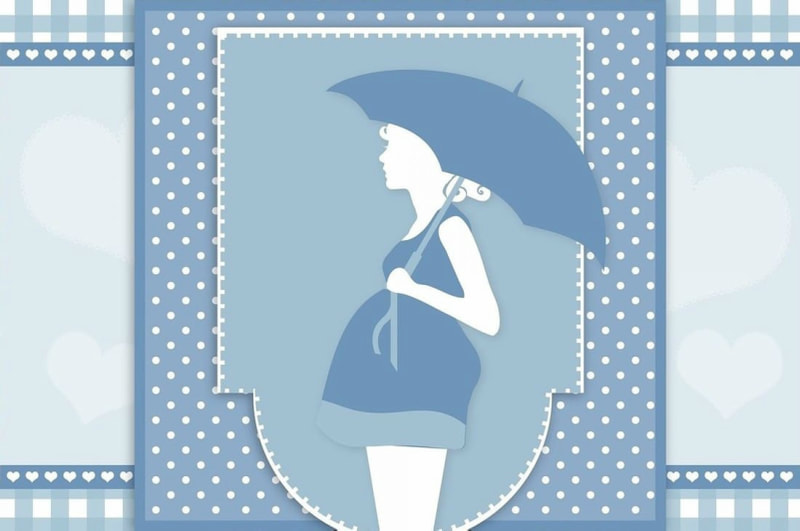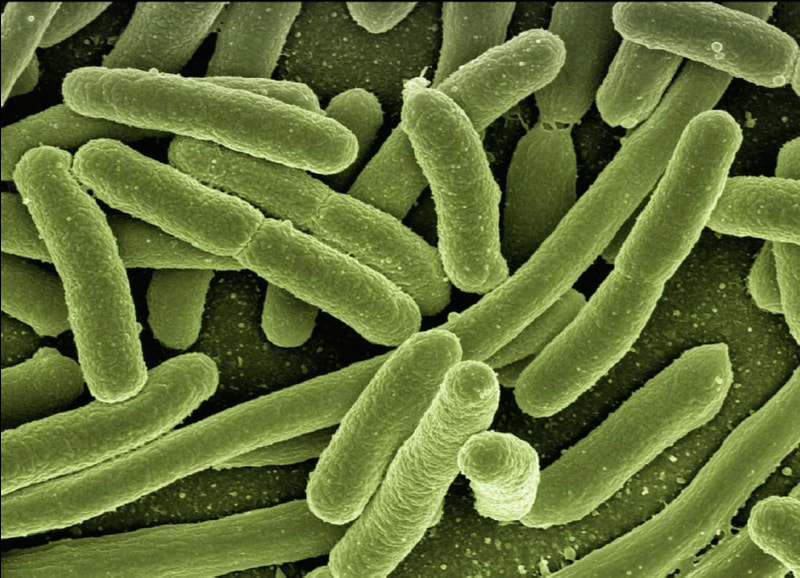The Correlation Between Self-Esteem and Feelings of Gratitude
At first glance, power and gratitude may seem like two very different qualities that would be unlikely to belong together. However, contrary to previous research that indicated powerful individuals feel the least gratitude, a recent study found that people with more power are more likely to experience gratitude. In the context of this study, power was defined as one’s perceived control of different aspects of life, such as wealth or status. In designing their experiments, the researchers predicted that the key to a potential relationship between power and gratitude would be rooted in one’s self-esteem. Self-esteem is one’s own subjective perception of one’s worth and image. The researchers projected that people with high self-esteem are more likely to readily recognize and appreciate the goodness brought into their lives by others.
In the first of three studies conducted, 109 participants were asked to answer questions regarding their own perceived power and feelings of gratitude on a scale of 1–7, with 1 representing strong disagreement to the provided statements and 7 indicating strong agreement. The results of this first study confirmed a strong, positive correlation between power and gratitude. But in order to test whether self-esteem specifically plays a role in this relationship or whether other positive feelings, such as optimism, generally increase feelings of gratitude in powerful individuals, the second study also measured participants’ optimism and self-esteem. Optimism, or one’s tendency to expect a positive future outcome, was measured by asking the participants to rate their likelihood of experiencing different positive and negative events on a scale of -4 to 4, with higher numbers representing higher likelihood. Self-esteem was measured by answering survey questions related to perception of self-worth. As expected, both optimism and self-esteem had a positive correlation with high power, but only self-esteem had a significant relationship with gratitude; no relationship was found between optimism and gratitude. This validated the researchers’ hypothesis that self-esteem is a mechanism through which power influences gratitude.
In the first of three studies conducted, 109 participants were asked to answer questions regarding their own perceived power and feelings of gratitude on a scale of 1–7, with 1 representing strong disagreement to the provided statements and 7 indicating strong agreement. The results of this first study confirmed a strong, positive correlation between power and gratitude. But in order to test whether self-esteem specifically plays a role in this relationship or whether other positive feelings, such as optimism, generally increase feelings of gratitude in powerful individuals, the second study also measured participants’ optimism and self-esteem. Optimism, or one’s tendency to expect a positive future outcome, was measured by asking the participants to rate their likelihood of experiencing different positive and negative events on a scale of -4 to 4, with higher numbers representing higher likelihood. Self-esteem was measured by answering survey questions related to perception of self-worth. As expected, both optimism and self-esteem had a positive correlation with high power, but only self-esteem had a significant relationship with gratitude; no relationship was found between optimism and gratitude. This validated the researchers’ hypothesis that self-esteem is a mechanism through which power influences gratitude.
Image Source: pixel2013
Having established this mechanism, a third study tested whether power through one’s hierarchical condition (their role in a work-related experience), not self-perceived power, also positively affects gratitude through self-esteem. Based on the comparison of two power groups—high power and neutral—participants in high power conditions experienced significantly more feelings of power. However, neither the condition nor feelings of power had a direct correlation to gratitude, although the feeling of power did have a significant relation to self-esteem. Self-esteem, in turn, significantly corresponded to gratitude, once again showing that self-esteem is indeed a major mechanism through which feelings of power influence gratitude. This research emphasizes that regardless of one’s hierarchical power, self-perceived feelings of power, as long as they are paired with self-regard, can have a noticeable impact on feeling gratitude.
Maintaining high self-esteem is crucial not only for one’s mental health, but also for improving overall well-being by regularly practicing gratitude in daily life. Because self-esteem is something that should not be neglected, keeping track of self-esteem and even striving to increase it should be highly prioritized! The good news is that self-esteem can be built by subtle yet powerful habits that can be implemented in daily lifestyle, such as accepting compliments, modifying positive affirmations to make them more convincing, and removing self-criticism. Although it may not occur overnight, the gradual transition to acceptance of oneself and acceptance of the positive impact of others that comes with increased self-esteem and gratitude can change one’s outlook of life for the better.
Maintaining high self-esteem is crucial not only for one’s mental health, but also for improving overall well-being by regularly practicing gratitude in daily life. Because self-esteem is something that should not be neglected, keeping track of self-esteem and even striving to increase it should be highly prioritized! The good news is that self-esteem can be built by subtle yet powerful habits that can be implemented in daily lifestyle, such as accepting compliments, modifying positive affirmations to make them more convincing, and removing self-criticism. Although it may not occur overnight, the gradual transition to acceptance of oneself and acceptance of the positive impact of others that comes with increased self-esteem and gratitude can change one’s outlook of life for the better.
Image Source: avi_acl
RELATED ARTICLES
|
Vertical Divider
|
Vertical Divider
|
Vertical Divider
|






